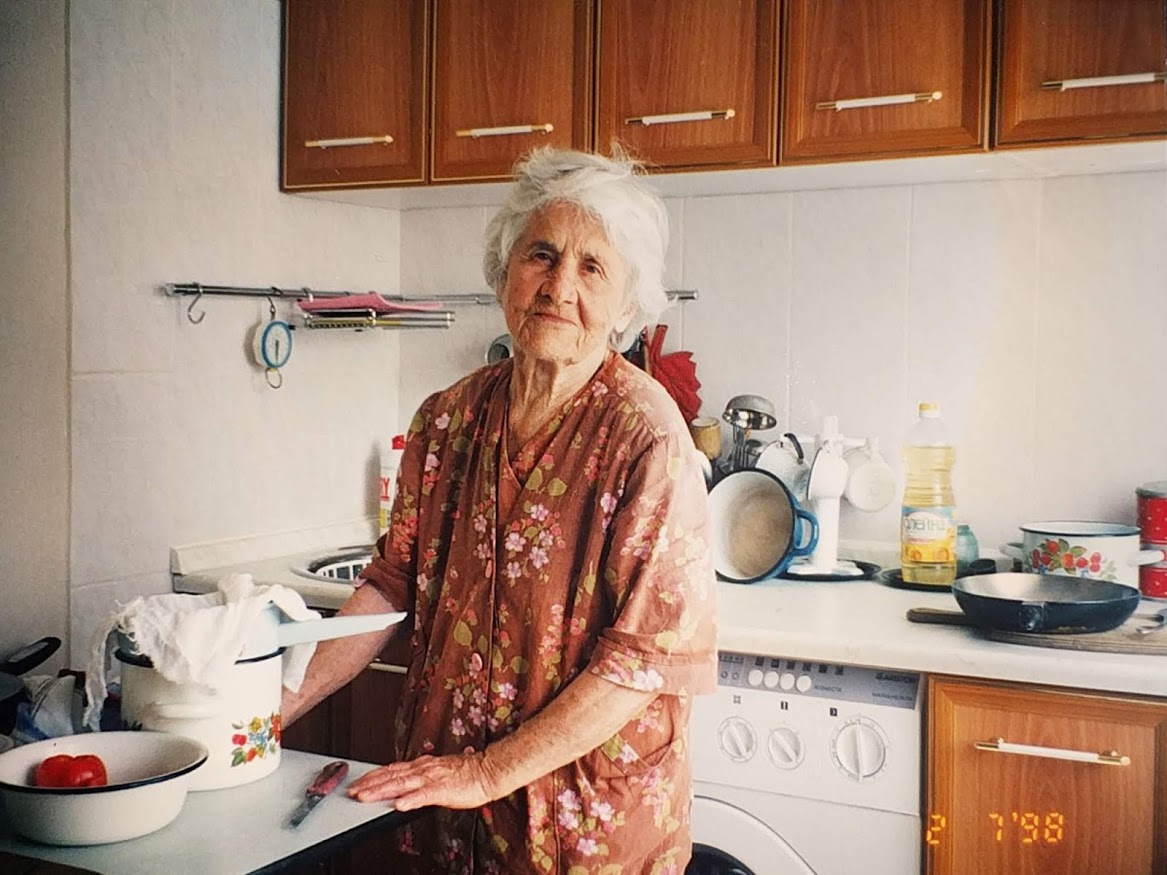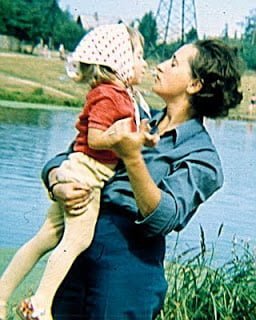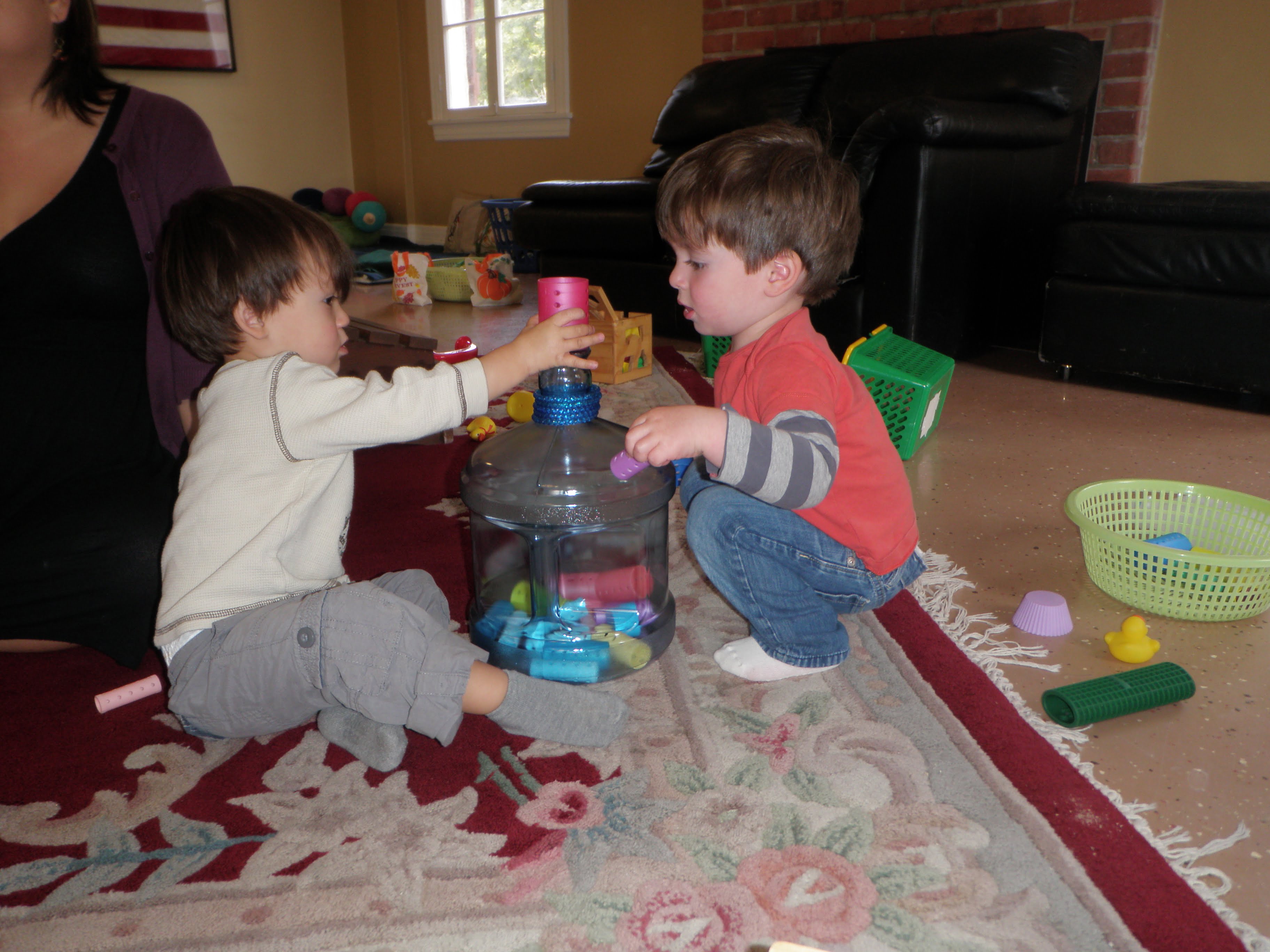Today is my grandma’s birthday—May 2nd. She was born in 1911. Her full name was Efrosiniya, but I always called her Osya.
I loved her deeply. She never raised her voice, never scolded, and rarely offered criticism. Her love was quiet, steady, and full of care.
Osya was always in motion—cooking, baking, cleaning, sewing. She made me beautiful clothes with her own hands, from blouses to coats. I can’t remember her ever resting. So once, when I found her lying down during the day, I was startled. It scared me more than I could explain.
As a little child, I’d heard somewhere that people could die if their blood sugar got too low. I didn’t yet understand that this was only true in certain medical conditions. My grandma wasn’t sick, but I didn’t know that. All I knew was fear. I panicked. I grabbed a sugar cube and insisted she eat it.
She was puzzled—sleepy and confused—but she took it from me anyway. I never told her why, but somehow, she understood it mattered to me.
Every year on her birthday, I made her a card and wished for her to live to be 100—or more. And she almost did.
I’m writing this story today because it’s her birthday, and I always think about her. I miss her very much. But I also think of this story in another way now, after many years of working with children and families.
As adults, we sometimes forget how children process information. Young children overhear conversations, pick up bits and pieces, and often misinterpret what they hear. They fill in the gaps with their imagination—and those misunderstandings can lead to quiet, private fears that last for years.
I’ve seen it over and over again in my work: a child overhears an adult saying something in passing, and the child builds a whole story around it. One full of dread or confusion. And unless we talk with them, they carry that weight silently.
So here’s what I’ve learned—and what I wish every parent, teacher, and caregiver knew:
- Give simple, honest, age-appropriate information. You don’t have to explain everything all at once. Just answer the question the child is asking. If they want to know more, they’ll let you know.
- Be truthful. It can be tempting to soften things—like saying, “That bird is just sleeping,” when the bird is actually dead. But giving inaccurate information doesn’t help. It can make the world feel more confusing and even scarier for a child.
When I gave my grandma that sugar cube, I was trying to protect her—with the limited knowledge I had. That memory reminds me just how important it is to check in with children, to offer reassurance not just through love, but through clear, true communication.
What we say—and what we don’t say—matters deeply to them.
Let me know if you need more information about RIE® Parent-Infant Guidance™ Classes.
Wishing you all the best in this difficult yet exciting journey of parenting!
Warmly,
Teacher Kira














